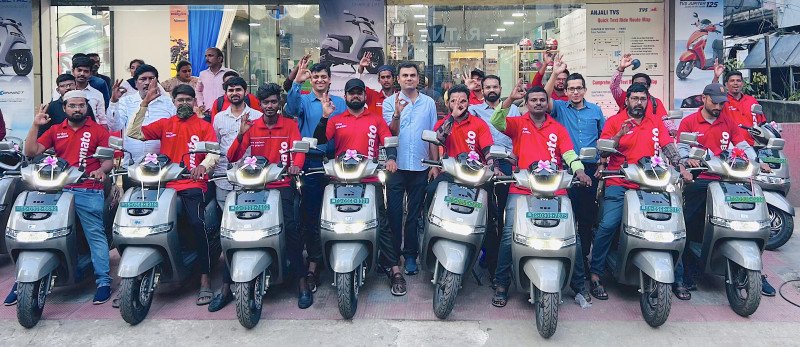Zomato Ltd., one of India’s leading food delivery and restaurant aggregator platforms, has recently seen its stock price dip by 2.31%, bringing it down to ₹280. The decline marks a moment of reflection for investors who have closely followed the company’s journey as it continues to dominate the food-tech space.
Market Pressures and Operational Hurdles
Operating in a highly competitive sector, Zomato has been at the forefront of transforming the way people order food in India. However, the food delivery business is not without its challenges. Rising fuel and operational costs, competition from rival platforms like Swiggy, and the fluctuating post-pandemic demand for online food delivery have all contributed to a volatile environment for Zomato.
Additionally, as a publicly traded company, Zomato’s performance is subject to the broader market sentiment, and any uncertainties in the global economy or domestic markets can impact investor confidence. The recent dip of 2.31% in its stock price could reflect some of these concerns, as analysts continue to assess the long-term sustainability of Zomato's growth trajectory.
Expansion and Diversification Plans
Despite the recent setback, Zomato continues to innovate and expand its reach. The company has diversified its offerings beyond food delivery, venturing into grocery delivery, restaurant discovery, and even launching Zomato Pro, a membership program for exclusive discounts. These efforts are aimed at increasing customer loyalty and capturing a larger share of the food ecosystem.
Zomato’s strategic acquisitions and investments in various food-tech startups also signal its commitment to staying ahead in a rapidly evolving market. The company’s entry into new cities, along with partnerships with leading restaurant chains, continues to solidify its position in the Indian food service industry.


.jpg)